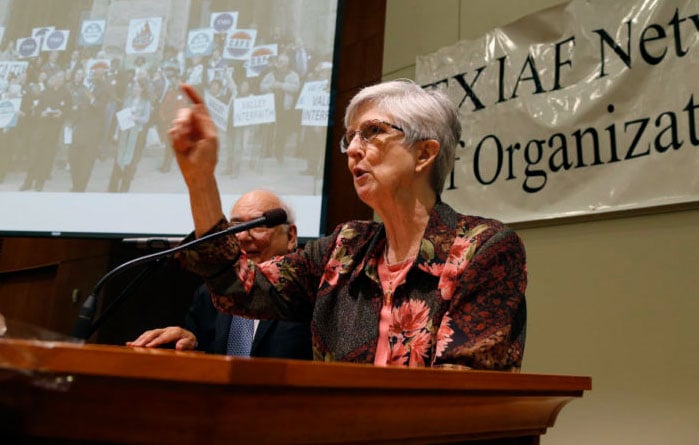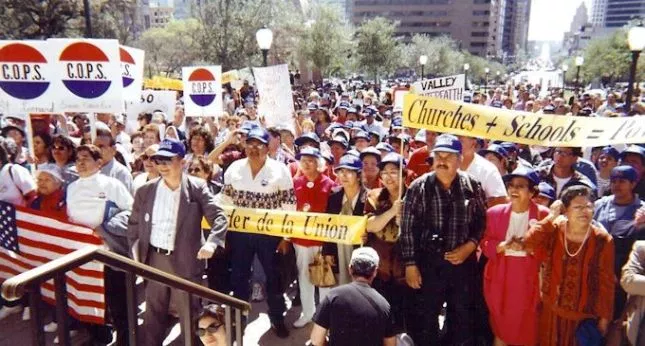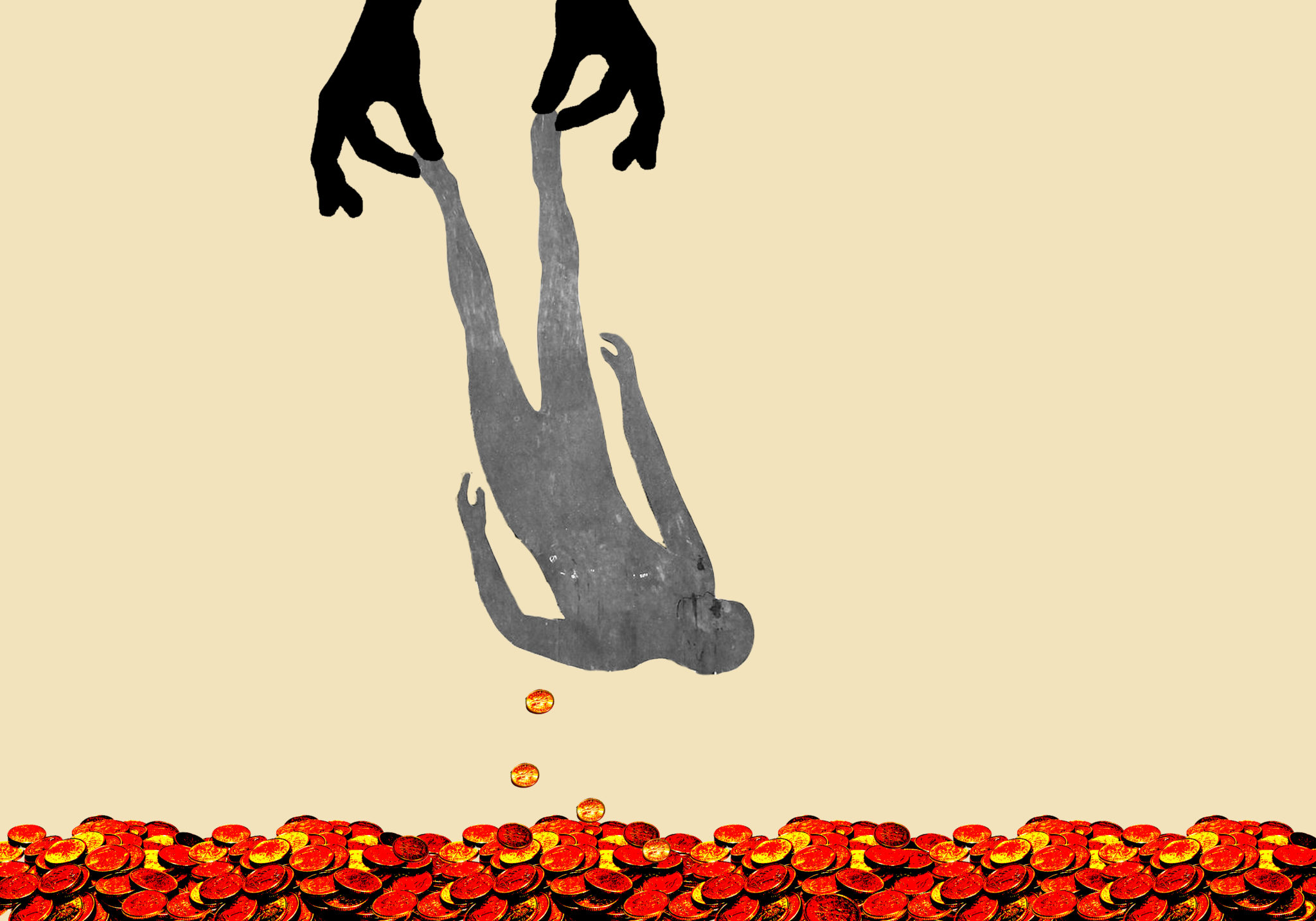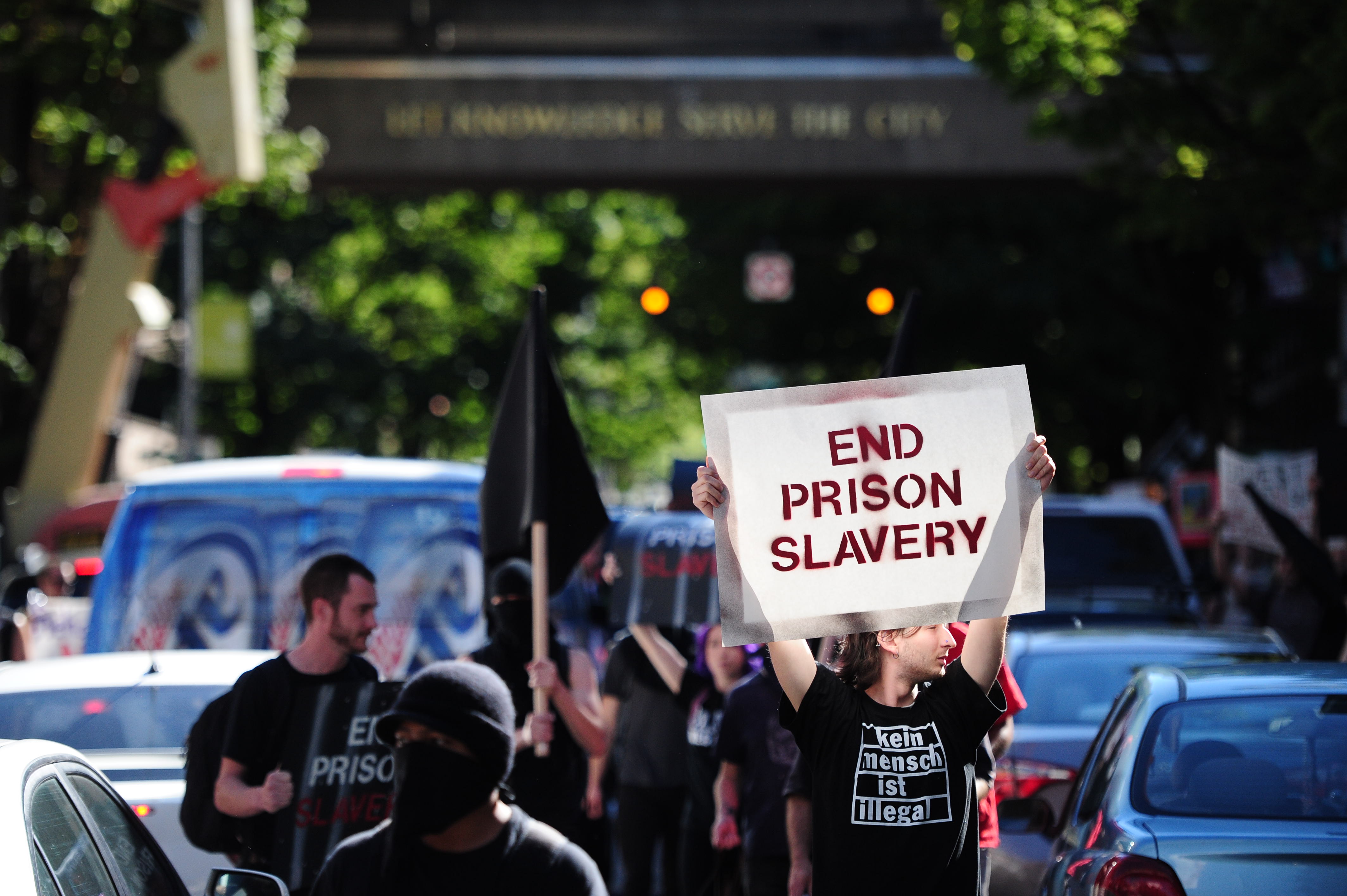
Remembering Sister Christine Stephens, the Organizers’ Organizer
Stephens began her career as a community organizer in San Antonio, Houston, the Valley, and Dallas and later supervised IAF organizing across Texas and the Southwest.
On the evening of July 25, about 400 people packed a large chapel at Our Lady of the Lake University in San Antonio for the wake for Sister Christine Stephens. A sister with the Congregation of Divine Providence, Stephens spent her life teaching the poor and disenfranchised how to organize and lead within their communities.
Stephens, who died on July 18 at age 78, was co-director of the West/Southwest Industrial Areas Foundation (IAF), a community organizing nonprofit that has chapters in 14 states. In Texas, the network has been responsible for a litany of successes: bringing drainage projects to the drowning Westside of San Antonio, creating workforce development initiatives, fighting for education equalization funding, securing more than $250 million in state bond money to fund water and wastewater utilities for border colonias, and, in recent months, organizing undocumented immigrants to fight for their rights. Stephens’ organizing was integral to all those victories.
But the victories were not the focus of Stephens’ wake. Instead, speaker after speaker marveled at her compassion, her anger at injustice, and her drive to help people develop tools to build their own power. Over four decades, Stephens developed organizations by developing people. “Her body of work,” said Joe Rubio, director of the West/Southwest IAF, “is us and so many others she left her imprint on.”
“She put a human face on why we do these things. She cared about people being better human beings.”
Stephens grew up in a close-knit, working-class Austin family, the daughter of a disabled mother and a father who worked as a union pipefitter. Her father eventually had to quit work to take care of her mother, and Stephens shared her parents’ righteous anger about their plight. After entering the Community of Divine Providence, she became a social worker with the Campaign for Human Development, a Catholic charity, and ended up as chair of the local sponsoring committee for the emerging Metropolitan Organization of Houston (TMO). Southwest IAF founding organizer Ernie Cortes recognized her leadership potential and recruited her to be an IAF organizer, much as Stephens did many times over with community leaders over the four succeeding decades.
Stephens and Cortes revived the IAF organizing model through one-on-one meetings with community members and house meetings of small groups of neighbors to talk about shared challenges. This led to larger collaborations at parishes and other congregations. Through these meetings the organizers were able to identify community leaders. In the ’70s, for example, the first leaders of San Antono COPS (Communities Organized for Public Service) were concerned about how big rains flooded the predominantly Hispanic Westside of San Antonio. Streets were unpaved and people drowned in open drainage ditches. COPS leaders learned that money for Westside draining projects had been appropriated in 1945 but used elsewhere. They confronted the city council, which released the funds, and then they agitated for a $100 million bond referendum for Westside infrastructure and worked for its passage. Sister Christine Stephens became a champion for this organizing model.
Jason Lowry, lead organizer of Valley Interfaith, said, “She put a human face on why we do these things. She cared about people being better human beings. She would tell us, ‘If people can develop themselves, the wins will come.’”

Women organizers in particular told me how much Christine’s mentorship meant to them. Surya Kalra, an organizer for One LA, told me Christine supervised her work in San Antonio. “I saw a woman who was fearless and didn’t take bullshit from anybody,” Kalra said. “She was courageous.”
“Christine’s clarity and anger as a woman were important to me,” said Anna Eng, lead organizer for Bay Area IAF. “She taught me how to agitate and about how her anger and her generosity went hand in hand. Here was a woman who could demonstrate clear anger and was taken very seriously. … I was told at every previous job that my anger was a problem. Christine told me it was valuable.”
Stephens faced barriers in the male-dominated organizing world. Arnie Graf, a former colleague, told me Christine “had to elbow her way into IAF leadership.” Graf continued, “She was one of the first women lead organizers. She had to push. We were fortunate she did. She paved the way for other women.”
“I saw a woman who was fearless and didn’t take bullshit from anybody. She was courageous.”
Myron Knudson, a leader at King of Glory Lutheran Church in Dallas, said Stephens helped foster cooperation when she came to the city in 1990. “Dallas wasn’t known for cooperating across ethnic and religious lines. … She got us all to talk to each other about issues good for society, address them systematically, and talk about the possibility that they were winnable.“
One of Stephens’ last actions was to work with organizers and leaders across 19 Southwest dioceses to address the status of immigrants. They called the action “Recognizing the Stranger,” and it was created to teach recent immigrants to become leaders in their parishes and to create relationships beyond their smaller communities. The training includes lessons on leadership, English skills to confront officials, and organizing. The IAF organizations had the backing of the bishops and other clergy. The organizing led to meetings with police chiefs in Dallas, Carrollton, Mesquite, Irving, and Farmers Branch to redefine which forms of ID are required when a driver is pulled over. The chiefs agreed to reinterpret their ID policies and recognize parish IDs when the parishes used certain procedures in issuing the cards. Immigrant drivers in those towns now have one less thing to fear.
Sister Christine Stephens “felt great joy in public life,” Jason Lowry told me. “Her greatest joy was when a leader found that joy.”
READ MORE:
-
Dolores Huerta is Still Knocking on Doors and Registering Voters at 88: The iconic labor activist talks about the Latino vote, Howard Zinn and the “year of the woman.”
-
Texas Workers Are Dying on the Job at Alarming Rates: “Literally, we’re not holding employers liable for the lives of their workers.”
-
A New Documentary on Texas Labor History Offers a Much-Needed Infusion of Hope: “A Strike and an Uprising” chronicles two big wins for labor activists facing long odds.


